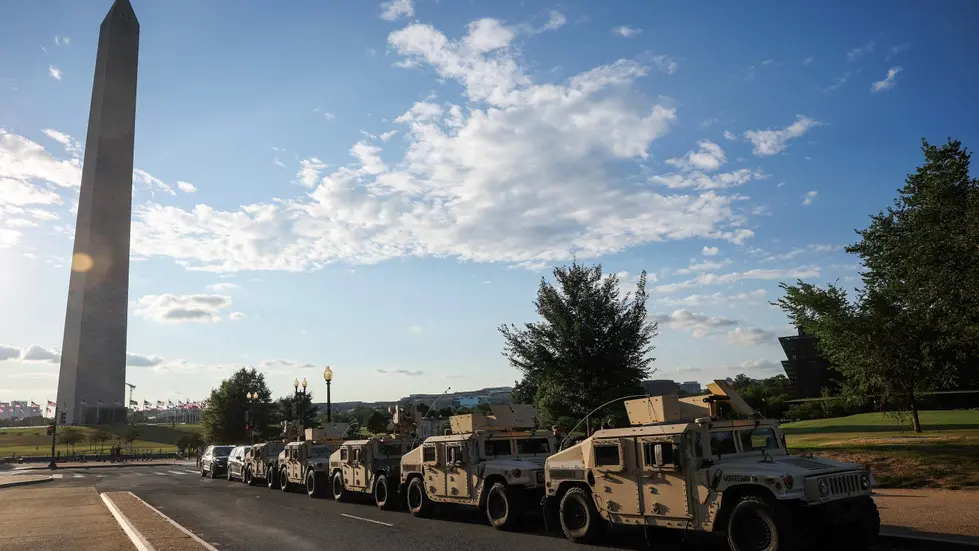T4K3.news
Windowless seats face legal challenge
Two class action suits allege Delta and United sold window seats that lacked actual windows, prompting refunds and calls for clearer disclosure.
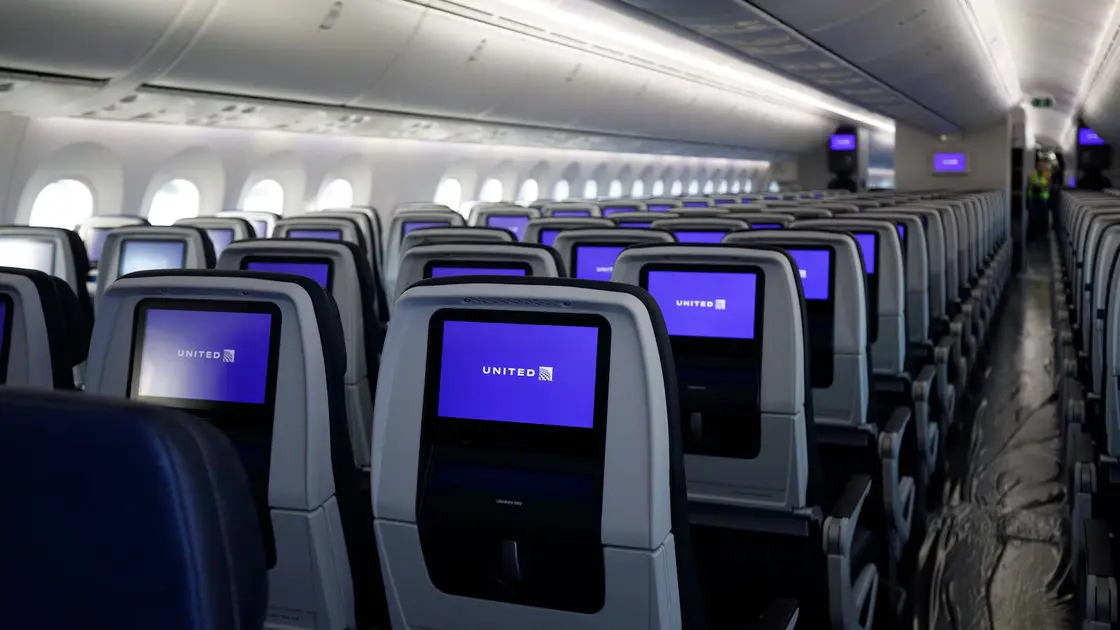
Two class action suits allege Delta and United sold window seats that lack actual windows, prompting refunds and calls for clearer disclosure.
Windowless seats challenge Delta and United in new lawsuits
Two class-action lawsuits in the United States allege Delta and United sold seats marketed as window seats on aircraft such as Boeing 737s, Boeing 757s and Airbus A321s that cannot have a window installed because of ducting or other components. The complaints say some seats along the cabin side are described as window seats even when a window does not exist, and that travelers were not warned about windowless seats during booking. Some airlines surrounding these routes describe every seat along the side of the plane as window seats, a practice these suits challenge. The lawsuits also claim the carriers charge premium prices for these seats, with United fees for basic economy window seats often surpassing $50 and international fees over $100. Delta’s complaint contends a window seat could require buying a higher fare tier and then paying more to secure the window view.
Specific plaintiffs include Nicholas Meyer, who booked a window seat on a LaGuardia to Orange County flight with an Atlanta layover and later found a blank wall for four and a half hours; Aviva Copaken, who bought three window seats and found no window on any of them, with fees ranging from about $46 to $170; and Marc Brenman, who used miles to reserve a window seat only to be refunded 7,500 miles that he says are insufficient. United has refunded fees for two of Copaken’s flights but not the third, and the lawsuit highlights a broader issue of how customers are charged for a benefit that some seats allegedly cannot deliver. As the cases unfold, the airlines declined to comment when contacted by ABC News.
Key Takeaways
"I paid for a window seat and got a blank wall"
Copaken claims about window seats on United flights
"Fees for window seats should reflect the actual experience"
Argument in the suits on seat pricing
"This is about trust and value in air travel"
Editorial assessment of the case’s broader impact
"A window seat should deliver a view, not a wall"
General reaction to the alleged mislabeling
The disputes put a sharp light on how airlines market cabin space and price perception. Engineering limits and cabin design can prevent a true window from ever appearing in some seats, yet marketing and pricing may imply a tangible benefit. The lawsuits suggest a need for clearer disclosures during booking and more precise labeling of seat features. If the courts side with the passengers, airlines could face refunds and changes to how window seats are marketed and priced, potentially affecting loyalty programs and future ticket decisions. The broader risk is reputational damage and regulatory scrutiny that could alter how carriers describe comfort features in a highly competitive market.
Highlights
- Window seats should offer a view not a wall
- Pricing must reflect the actual experience
- Transparency is the currency of trust in air travel
- Tell customers before they buy if a window cannot be provided
Financial and reputational risk from consumer lawsuits
The complaints raise issues of pricing transparency, potential mislabeling, and consumer protections. A ruling could force refunds, disclosure changes, and heightened scrutiny of seat marketing across carriers.
Expect continued scrutiny of how seats are marketed and priced.
Enjoyed this? Let your friends know!
Related News
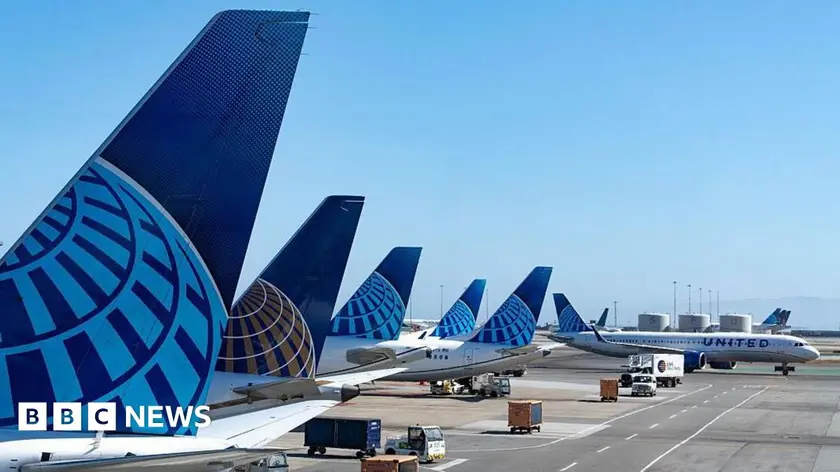
Window seat labeling under legal challenge

California map move
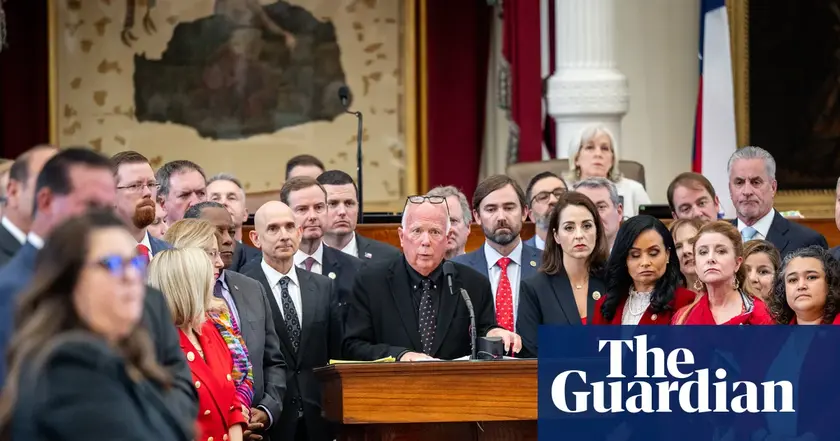
Texas map moves forward
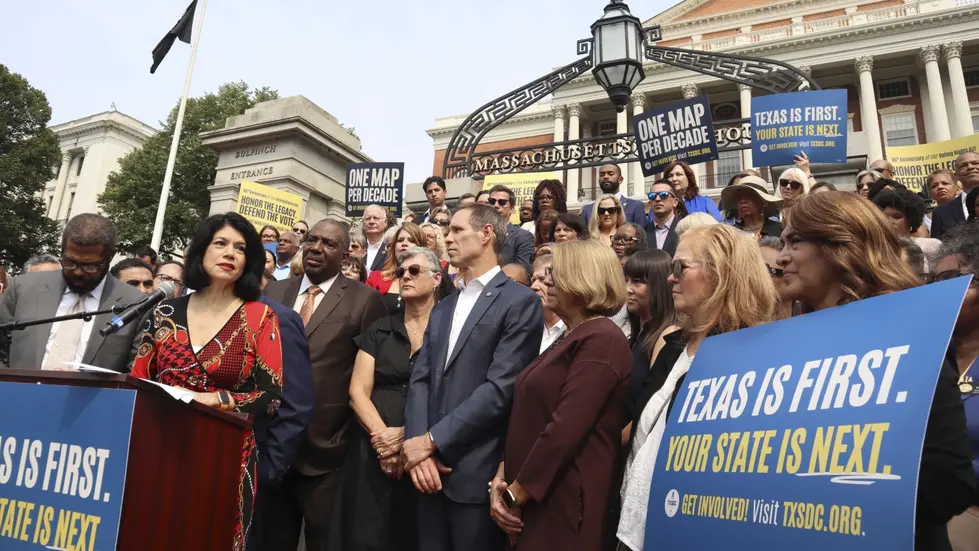
Redistricting Fights Shape Eight States Ahead of 2026 Elections
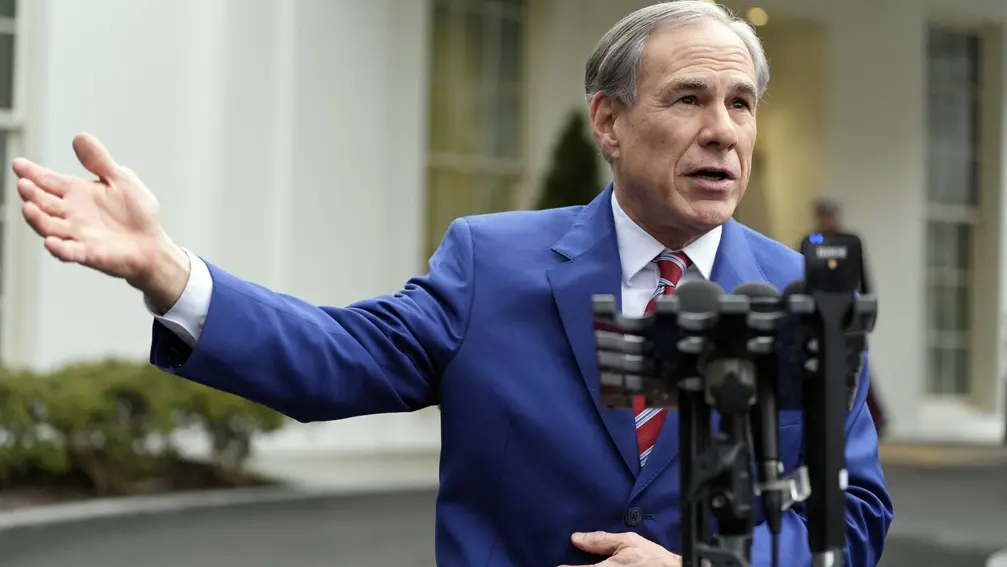
Texas GOP set to redraw congressional maps

Texas Democrats Return to Capitol Under Close Surveillance

Tesla initiates limited robotaxi service in San Francisco
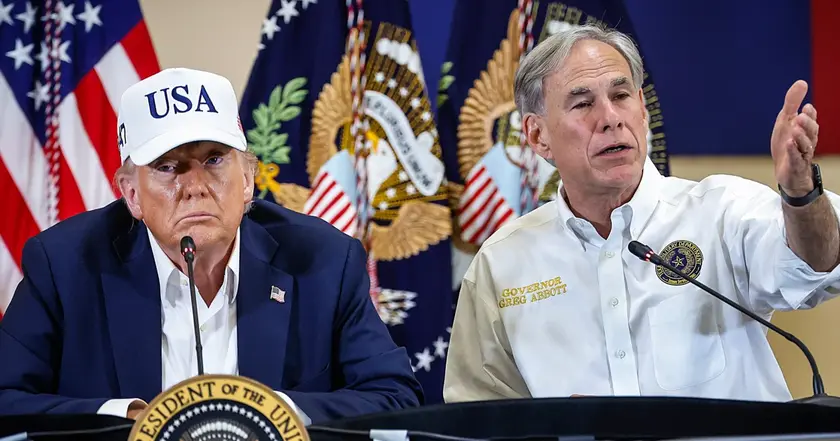
Texas Republicans propose new congressional map for 2026 elections
